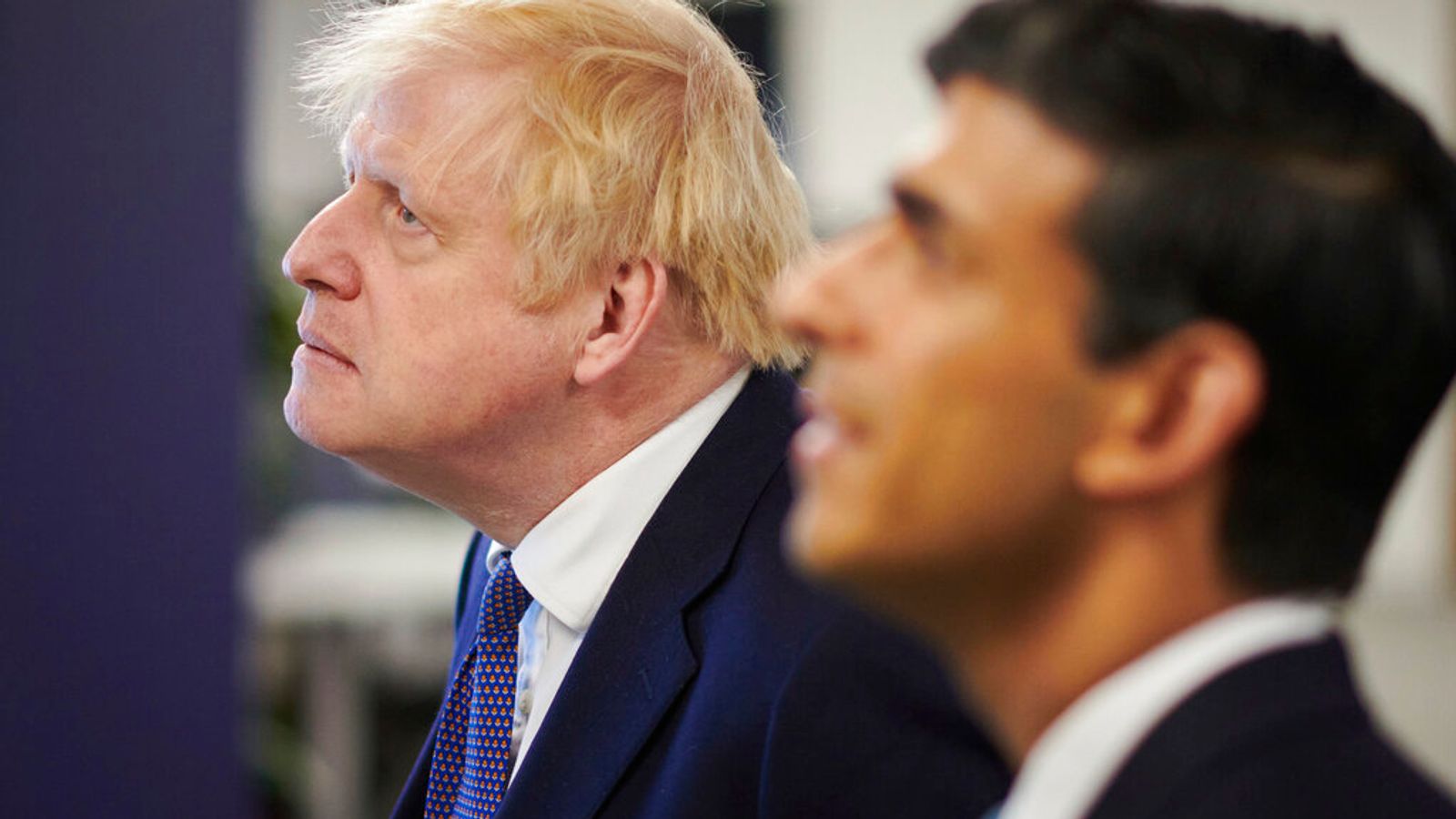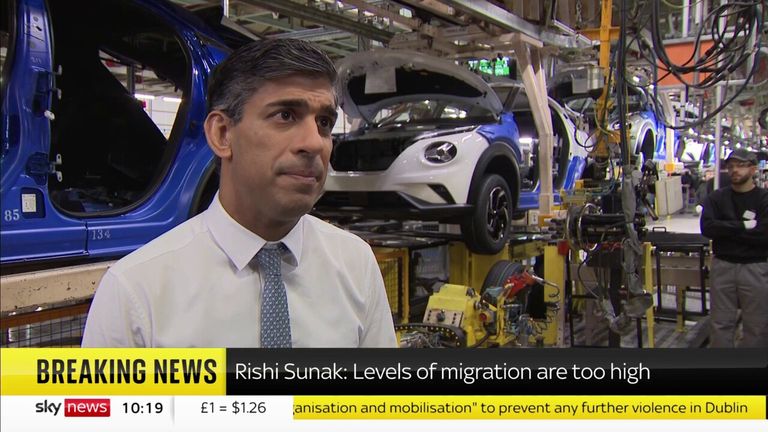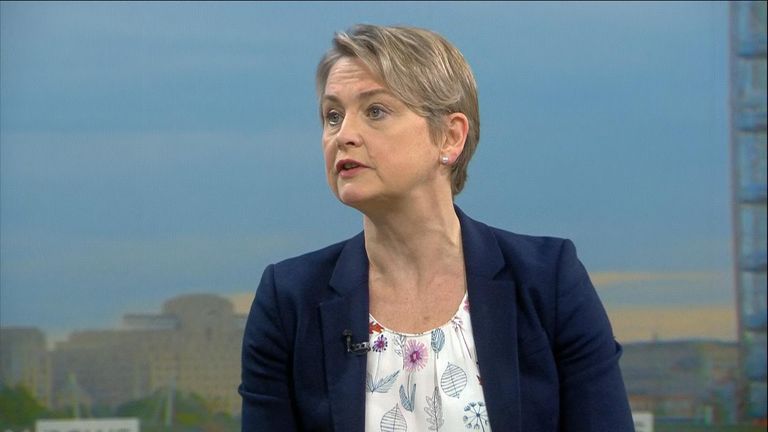Boris Johnson has heaped further pressure on Rishi Sunak over the UK’s “all-time high” net migration figures, as he suggested “demographic change” had led to “race riots” in Dublin.
The former prime minister criticised net migration numbers released this week as “way too big” and suggested imposing a minimum income of £40,000 for those who wanted to obtain a visa to work in the UK.
The latest data showed net migration hit a record-breaking 745,000 in 2022 – a number that was revised upwards from a previous estimate in May of 606,000, which was then deemed to be a record high.
At the same time, the Office for National Statistics (ONS) revealed 672,000 people came to the UK in the 12 months to June 2023.
Net migration is calculated by looking at the number of people arriving in the UK when both immigration (people coming to the UK) and emigration (people leaving the UK) are taken into account.
Politics news latest: Rishi Sunak admits ‘more to do’ to reduce net migration
In his weekly Daily Mail column, Mr Johnson argued that people would “not accept demographic change at this kind of pace – even in the most achingly liberal of countries and capital cities”.
He claimed that events in the “lovely and happy city” of Dublin – where violent protests and clashes with police took place after three young children were injured in a stabbing incident outside a primary school – “seems to have been engulfed by race riots”.
And he also pointed to the election victory of “patently Islamophobic” Geert Wilders in the Netherlands as a further sign that electorates were rejecting big migration numbers.
“The people of Ireland and Holland, in my experience, are among the nicest, kindest, most generous in the world; and yet there are plainly large numbers in both countries who are starting to worry that something has gone wrong, and that the EU system of free movement – a border-free Europe for the entire 450 million-strong territory – has too many downsides,” he said.
The numbers from the ONS drew strong criticism from Conservative MPs on the right of the party, with former home secretary Suella Braverman calling it “a slap in the face to the British public who have voted to control and reduce migration at every opportunity”.
She called on the government – which she was a member of until last week – to “act now”, with policies including introducing an annual cap on net migration and the number of health and social care visas given out, as well as raising the salary threshold for people to come to the country, closing the graduate visa route, and limiting the number of dependents.
In his column, Mr Johnson admitted the immigration system post-Brexit – while he was still in power – led to too many workers on low incomes coming to the UK.
He said the Migration Advisory Committee, an independent body that advises the government on migration issues, had set the minimum salary level too low at £26,000 because “after Brexit everyone was wailing about the thought of EU workers fleeing Britain, and business was worried about shortages”.
Read more:
Dublin riot: Everything we know about knife attack and police clashes
More bad news for govt as backbenchers demand action on net migration
“What the numbers also show is that after Brexit we underestimated the magnetic pull of the UK; and the numbers show that the British labour market is continuing to inspire large numbers of low-skilled people to want to come to work here – and for low incomes,” he wrote.
“That is a mistake. The beauty of Brexit is that we can change those incentives, and address the problem in a way that is open to no other European country.”


